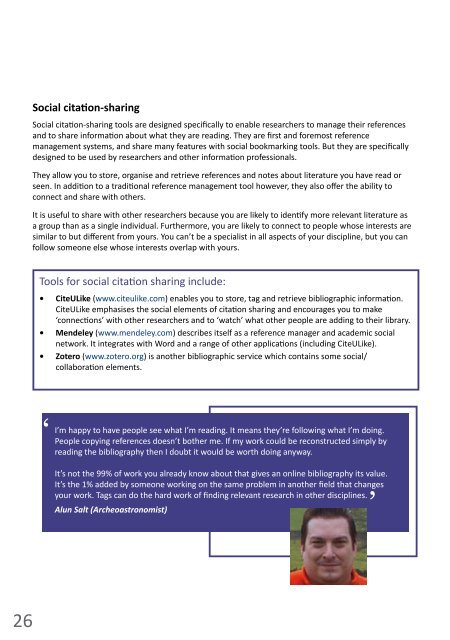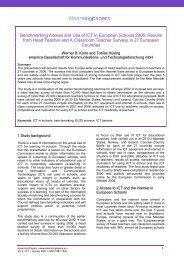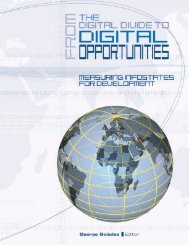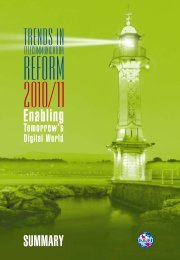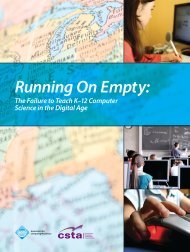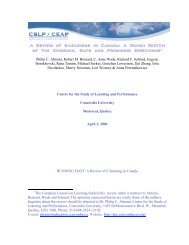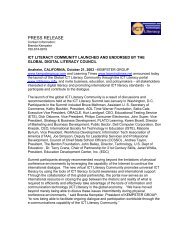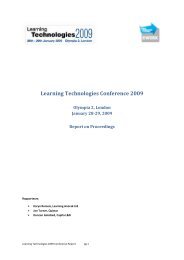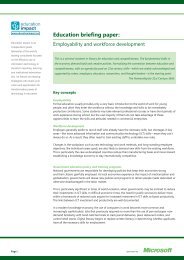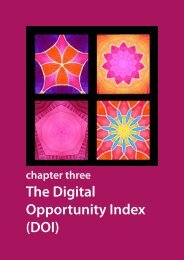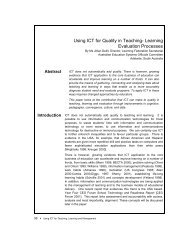Social Media - A guide for researchers - ICT Digital Literacy
Social Media - A guide for researchers - ICT Digital Literacy
Social Media - A guide for researchers - ICT Digital Literacy
You also want an ePaper? Increase the reach of your titles
YUMPU automatically turns print PDFs into web optimized ePapers that Google loves.
<strong>Social</strong> citation-sharing<br />
<strong>Social</strong> citation-sharing tools are designed specifically to enable <strong>researchers</strong> to manage their references<br />
and to share in<strong>for</strong>mation about what they are reading. They are first and <strong>for</strong>emost reference<br />
management systems, and share many features with social bookmarking tools. But they are specifically<br />
designed to be used by <strong>researchers</strong> and other in<strong>for</strong>mation professionals.<br />
They allow you to store, organise and retrieve references and notes about literature you have read or<br />
seen. In addition to a traditional reference management tool however, they also offer the ability to<br />
connect and share with others.<br />
It is useful to share with other <strong>researchers</strong> because you are likely to identify more relevant literature as<br />
a group than as a single individual. Furthermore, you are likely to connect to people whose interests are<br />
similar to but different from yours. You can’t be a specialist in all aspects of your discipline, but you can<br />
follow someone else whose interests overlap with yours.<br />
Tools <strong>for</strong> social citation sharing include:<br />
• CiteULike (www.citeulike.com) enables you to store, tag and retrieve bibliographic in<strong>for</strong>mation.<br />
CiteULike emphasises the social elements of citation sharing and encourages you to make<br />
‘connections’ with other <strong>researchers</strong> and to ‘watch’ what other people are adding to their library.<br />
• Mendeley (www.mendeley.com) describes itself as a reference manager and academic social<br />
network. It integrates with Word and a range of other applications (including CiteULike).<br />
• Zotero (www.zotero.org) is another bibliographic service which contains some social/<br />
collaboration elements.<br />
‘<br />
I’m happy to have people see what I’m reading. It means they’re following what I’m doing.<br />
People copying references doesn’t bother me. If my work could be reconstructed simply by<br />
reading the bibliography then I doubt it would be worth doing anyway.<br />
It’s not the 99% of work you already know about that gives an online bibliography its value.<br />
It’s the 1% added by someone working on the same problem in another field that changes<br />
your work. Tags can do the hard work of finding relevant research in other disciplines.<br />
Alun Salt (Archeoastronomist)<br />
‘<br />
26


